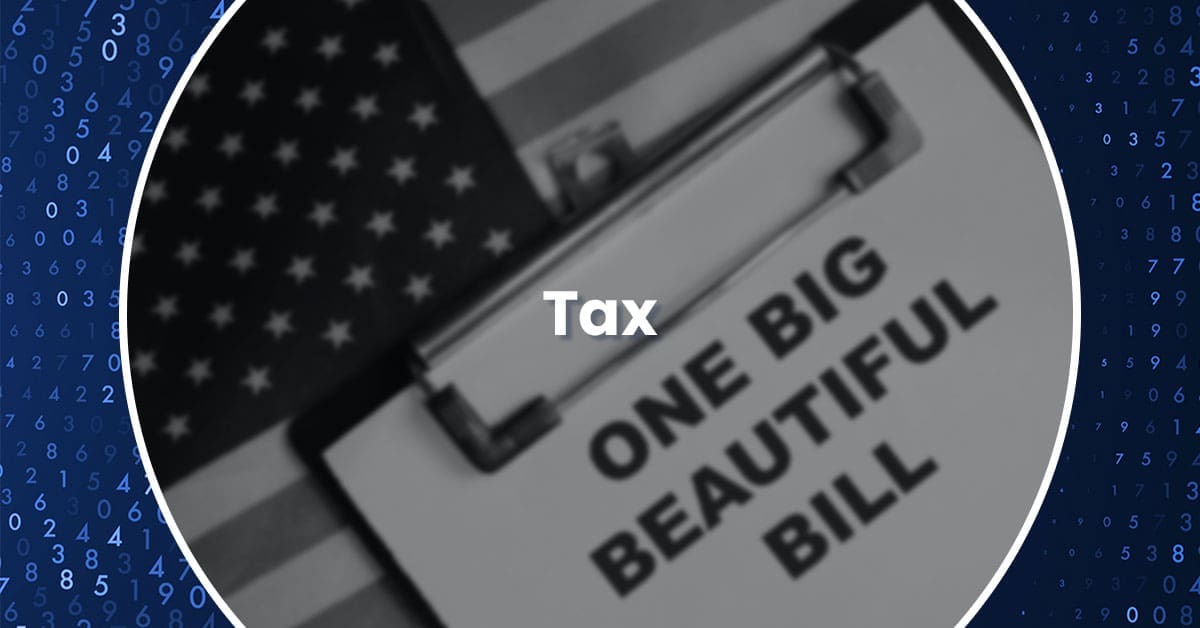The clock is ticking for high-net-worth individuals and families. The significant Federal Lifetime Gift Tax and Estate Tax Exemption introduced during the Trump administration will expire on January 1, 2026. This change could have profound financial implications, potentially costing you millions in additional taxes if you don’t act soon.
Why You Need to Pay Attention Now
Currently, the federal lifetime gift and estate tax exemption allows individuals to transfer up to $ 13.61 million tax-free, with married couples enjoying a combined exemption of $27.22 million. By 2025, the amount is expected to increase to approximately $28 million per couple.
On January 1, 2026, the individual exemption will revert to its pre-2018 level of about half where it is now, approximately $7million. This means the tax-free transfer amount for a couple will drop from $28 million to $14 million, a staggering $14 million decrease.
The Financial Impact: Don’t Leave Millions on the Table
Failing to leverage the current Federal exemption could result in a substantial tax bill:
- Lost Exemption Amount: $14 million per couple
- Potential Tax Liability at 40%: $5.6 million
Imagine writing a check to the IRS for $5.6 million—funds that could otherwise benefit your heirs or favorite charities. This is the reality facing those who don’t take proactive steps before January 1, 2026.
Urgent Steps to Take Before 2026
Time is of the essence. With only a short window left, now is a critical time for families to consider transferring wealth. Proper estate planning, executed before 2026, could protect millions in family wealth from unnecessary taxation. Here’s what you should do to safeguard your wealth:
1.Schedule a consultation with your accountant, attorney, and financial advisor immediately
- Action: Contact your accountant, estate planning attorney, and financial advisor.
- Reason: Professional guidance is crucial for navigating complex tax laws and maximizing your benefits.
2. Maximize Your Lifetime Gifts Now
- Action: Make substantial gifts to family members or trusts before the exemption decreases.
- Reason: Locking in the higher exemption amount can save you millions in future taxes.
3. Establish Irrevocable Trusts
- Action: Set up trusts to remove assets from your taxable estate.
- Reason: Trusts can provide asset protection, tax benefits, and control over asset distribution.
4. Review and Update Your Estate Plan
- Action: Ensure your current plan reflects the impending changes.
- Reason: An outdated plan could expose you to unnecessary taxes and legal complications.
Don’t Overlook IRS Compliance: The Importance of Form 709 and Qualified Valuations
Proper disclosure of gifts initiates the three-year statute of limitations for assessing gift tax. When gifts are adequately reported on Form 709, the IRS typically cannot contest the value of the gift or any related items in the future. Conversely, if a gift is not sufficiently disclosed on the gift tax return, the statute of limitations does not commence.
The IRS regulations outline specific requirements for adequate disclosure of gifts or transfers reported on Form 709. These provisions create a “Safe Harbor” for reporting purposes. Essential elements include submission of a qualified appraisal.
Valuation remains a critical area of IRS scrutiny, particularly for gifts involving hard-to-value assets and those subject to discounting. Accurate reporting is essential when making significant gifts, especially for assets lacking readily available market values, such as interests in family-owned businesses, real estate, artwork, or intellectual property. Utilizing a qualified appraisal is advisable, as it offers greater assurance that the valuation adheres to adequate disclosure requirements.
Reporting gifts involves several important steps:
- Filing Form 709: The United States Gift (and Generation-Skipping Transfer) Tax Return is the designated form for reporting taxable gifts over the annual exclusion amount and is a vital tool for tracking lifetime gifts against an individual’s lifetime exemption.
- Securing Qualified Appraisals: Obtaining a qualified appraisal is vital for substantiating the fair market value of the assets being gifted. This ensures that the valuation is credible and meets IRS standards.
- Meeting Adequate Disclosure Requirements: It’s imperative to fulfill all other IRS requirements for adequate disclosure to effectively initiate the statute of limitations, which protects against future challenges to the reported gift values.
What Constitutes a Qualified Appraisal?
A qualified appraisal must be conducted by a Qualified Appraiser who meets the following minimum criteria:
- Holds a professional designation, has verifiable education, and has sufficient experience.
- The appraiser is qualified to make appraisals of the type of property being valued.
- The appraiser is not the donor or donee of the property or a related person
- Follows recognized appraisal standards such as the Uniform Standards of Professional Appraisal Practice or other IRS-accepted methodology.
A qualified appraisal must include the following to meet the IRS specific criteria:
- Comprehensive Property Description
- Detailed analysis of the asset, including condition and utility.
- Visual documentation when applicable.
- Clear Valuation Methodology
- Explanation of the approach used (e.g., comparable sales, income method).
- Justification for all assumptions and conclusions.
- Timely and Compliant
- The date of the gift and the date on which the gifted property was appraised, (which should be the same date).
- Includes a signed declaration by the appraiser, affirming compliance with IRS regulations.
- Purpose of the Appraisal
- The IRS requires that the appraisal’s purpose be to establish fair market value for tax reporting, ensuring the valuation is accurate, unbiased, and relevant to the gift or estate tax context for which it will be used.
- Factors to be considered include:
- The nature of the entity’s business and its history.
- The economic outlook in general and of the specific industry the subject company operates in.
- The book value and financial condition of the subject company.
- The earnings capacity of the entity.
- Dividend-paying capacity of the entity.
- Previous transactions involving the subject company’s stock.
- The value of goodwill and other intangible assets.
- Market prices of equity interests engaged in the same or similar lines of business.
- Management of the company.
The standard of value utilized must be fair market value, which is defined in the IRS Revenue Ruling 59-60 as “the price at which the property would change hands between a willing buyer and a willing seller when the former is not under any compulsion to buy and the latter is not under any compulsion to sell, both parties having reasonable knowledge of the relevant facts.”
The value may be determined using different valuation approaches. The most common are the market data, income, and the asset based approaches.
Real-Life Scenario: The High Cost of Inaction
Consider John and Mary, a wealthy couple with an estate worth $30 million. If they don’t act before 2026:
- Exemptions Reduced: From $28 million to $14 million.
- Taxable Estate: $16 million ($30 million – $14 million exemption).
- Tax Due: $6.4million ($16 million x 40%).
By acting now, they could have transferred up to $28 million tax-free, drastically reducing or even eliminating their federal estate tax liability.
Final Thoughts: Your Next Move Could Save Millions
The impending Federal Lifetime Gift Tax and Estate Tax Exemption reduction is not just a legislative change—it’s a limited-time opportunity to protect your wealth. The decisions you make today will have lasting impacts on your financial legacy.
Considering the weight placed on a proper valuation for gifted property, it is essential to hire a qualified appraiser to create a report that meets the criteria established by the IRS.
Act Now to Secure Your Financial Future
- Protect Your Assets: Ensure more of your wealth goes to your loved ones, not the IRS.
- Gain Peace of Mind: Confidence that your estate plan reflects current laws and maximizes benefits.
- Avoid Last-Minute Scrambles: Early action prevents rushed decisions and potential mistakes.
At Wiss, we specialize in providing comprehensive valuation, tax, and estate planning services tailored to meet the complex needs of high-net-worth individuals and families. Our team of experienced professionals understands the intricacies of navigating changing tax regulations and is equipped to deliver accurate, IRS-compliant valuations and strategic estate planning solutions. As the sunsetting of the Federal Lifetime Gift Tax and Estate Tax Exemption Reduction approaches, Wiss offers the expertise and personalized guidance needed to help clients maximize tax savings, protect wealth, and secure their legacy for future generations. Let us partner with you to make the most of this limited-time opportunity.





 Previous
Previous






